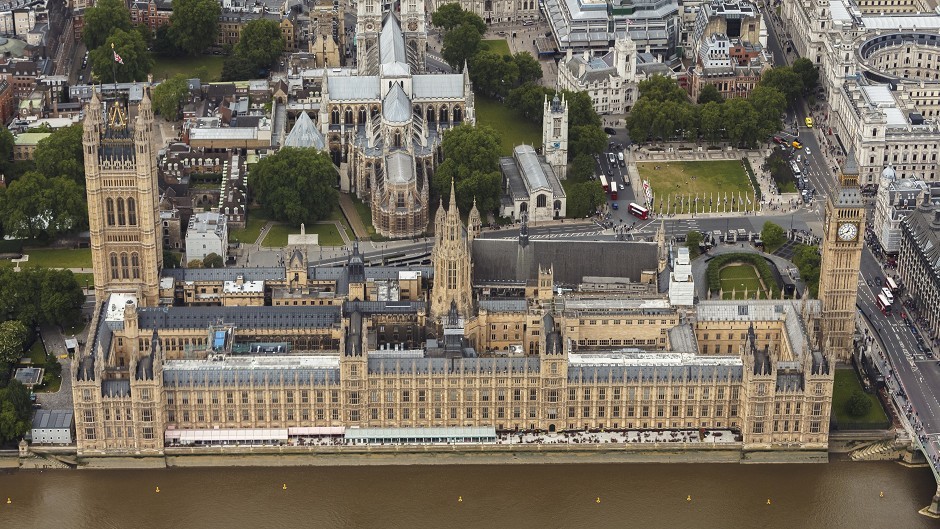Peers have launched an inquiry into the economic impact of further devolution in the UK.
The House of Lords economic affairs committee said it was concerned that not enough research had been carried out into the fiscal consequences of handing new powers to Holyrood.
The group has issued a call for evidence as it launched its inquiry.
Lord Hollick, the committee chairman, said: “It is clear from the rapid pace with which the Scotland Bill is progressing through parliament that there are likely to be significant changes to the UK’s constitutional arrangements in the very near future.
“However we are concerned that the economic impact that will inevitably follow from political change has not received sufficient attention.
“Proposals to give the Scottish Parliament new tax raising powers, as well as the devolution of corporation tax to Northern Ireland, will fundamentally change the basis of fiscal policy in the UK.
“The time is now right to ask some key questions about that process. Why the asymmetric devolution of fiscal powers to Scotland, Wales and Northern Ireland? What will further fiscal autonomy mean for the Barnett Formula, can it still be justified?
“How will economic risk be shared in a devolved United Kingdom – ensuring that different countries can cope with a financial shock but cannot borrow beyond their means and potentially require a bail-out from the rest?
“These are just some of the areas we will explore. Our inquiry will be short and we aim to report in November, we are therefore requesting written evidence is sent in before August 21.”
